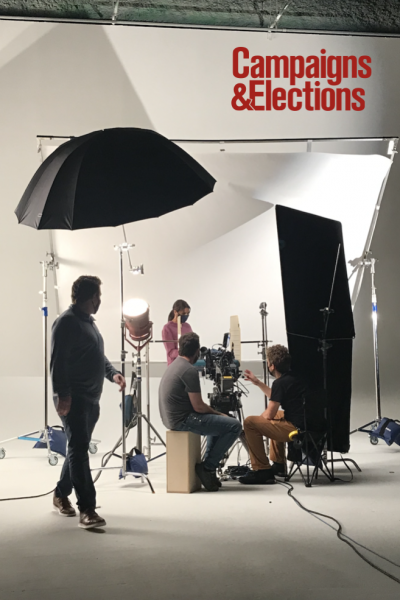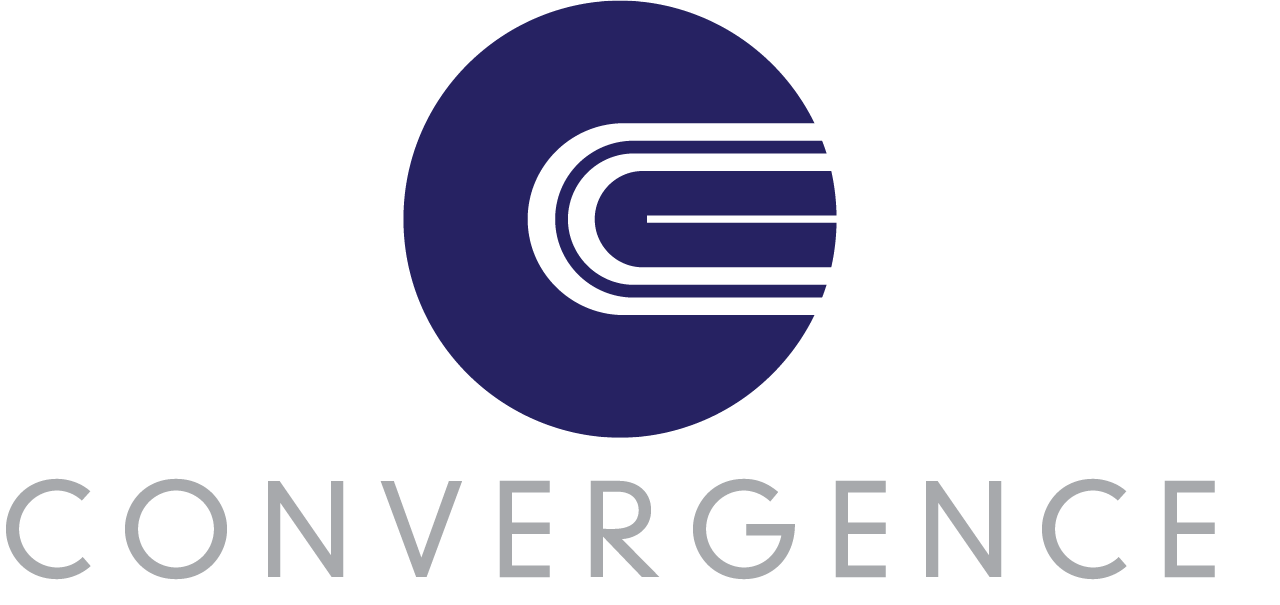Alexandria, VA — Even with a grandfather in the political business, Ben Miller still started as an intern. But the experience in then-Alabama Rep. Spencer Bachus’ (R) office helped open doors in DC when he moved to the capital after college. A brief stint at a polling firm led to an entry-level job with his hometown congressman, then-Georgia Rep. Tom Price. From there, Miller, now the VP of Production at GOP media shop Convergence, started getting noticed.
C&E: Which shooting techniques do you think will survive the pandemic? What’s going away?
Miller: For some elected officials and candidates these organic, direct-to-camera videos are more effective based on their social media reach and through various platforms like TikTok and Instagram. And certain audiences are harder to reach with new online platforms, so TV and radio remain king.
Production shoots with large media buys will continue to be a driving force in our business, and I think they’re here to stay. But we’ll start to see a larger mix of high-quality production ads coupled with organic social media videos and content – especially as a growing percentage of voters are cutting the cord and abandoning traditional TV in droves, and younger Americans, who rely on social media and digital content for their news, get more involved in the electoral process.
C&E: Is there a new camera that you and your team have been using that you like?
Miller: I’m not married to any specific camera when it comes to getting the best shot and producing the best video. We team up with talented DPs (directors of photography), surround them with a strong crew, and work with them to determine the right tools for the job.
Choosing a DP based on their camera not only shrinks your talent pool, but can also put you in a creative box. Before we head out on a shoot, we work with our crews to ensure we have the right cameras and gear to get the job done the best way possible.
That said, we tend to use larger, more expensive cameras for scripts, interviews, candidate b-roll, et cetera. At the same time, we may utilize much smaller, user-friendly cameras like the Osmo, to capture certain shots that would otherwise be difficult with a larger, more cumbersome camera.
We also have two certified drone pilots at our firm. The Osmo and drones not only allow us to get great driving shots and aerial footage, whether that might be of a ranch, or downtown or wherever, but also allows us to save time and resources by sending one of our team members out to get the aerial footage while the rest of us work on the scripted part of the ad.
C&E: You started out working on large corporate shoots. Are there lessons for campaigns from the corporate world?
Miller: From a young age, I always planned on going into production. As early as high school, I was working on big shoots with my dad: from the Weather Channel and Coca-Cola to music videos with folks like Kenny Rogers.
The recession hit the production industry hard, so when I graduated from [the University of Alabama] in 2008, opportunities weren’t abundant. I looked into other avenues to jump start my career and landed in politics. As a young staffer during the Tea Party wave, every Republican office was rightfully looking to cut their own budgets, being mindful of salaries. So I told our chief of staff at the time that I knew how to edit video and if he would invest in a Mac we could get a good ROI on some web videos. Today, that would be a no-brainer, but YouTube wasn’t yet what it is now. The result was the RSC video “Those Voices Don’t Speak for the Rest of Us“. It was one of the first in-house YouTube videos from the Hill to go viral. It got over a million views and was featured by Conservative TV and radio outlets. That video led to a then-startup political advertising firm reaching out to me.
The lessons I learned from the corporate world still influence how we operate as [our firm] has grown. A lot of firms hire people cut from the same cloth, which isn’t bad, but can limit your capabilities if that’s all you’re working with. We’re building a team with both veterans from the production world and seasoned political strategists.
We always say: ‘Don’t scrap a million-dollar idea because you have a $20K budget.’ Surround yourself with good, talented people, plan as much as your timeline allows, execute, and deliver on time.




